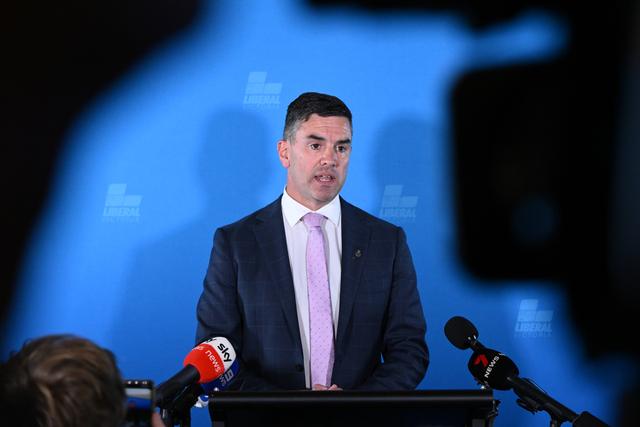Cleaners at a Berwick school are working at “breakneck pace” in an attempt to get the same work done in less hours following the State Government’s revamp of school cleaning.
Berwick Lodge Primary School principal Henry Grossek said the school’s cleaning hours had been reduced by 10 hours a week, or 500 hours over the school year.
“Some cleaners so stressed they are putting in extra unpaid hours because they want to clean to standard,” he said.
As of July 1, a new model was introduced whereby eight zones were created across metropolitan Melbourne and a single cleaning contract awarded for all schools in each zone.
Minister for Education James Merlino said the reform was needed to eradicate the “chronic exploitation” of low paid workers.
“There is no reason why firms providing a cleaning service to schools should not be able to do the job properly,” he said.
“If these standards are not met, the Department has a strong contractual framework to penalise the cleaning providers.”
Mr Merlino added the new standards had been set by the Department in consultation with principals and are now “consistent with industry benchmarks.”
Meanwhile, Mr Grossek said parents and teachers were complaining about the filthy state of the school’s tables, desks and carpets.
Janet Riley of Cranbourne North, who has been cleaning schools for the past 47 years says can’t “physically can’t do all the work in the time” at a school since the reforms came into place.
The 64-year-old said the secondary school she works at, which she has asked not to name, has had the cleaning hours slashed by a third.
“I’m here working on my own time because I’m passionate about my school and I can’t bear to see the school go backwards,” she said.
A manager of a small school cleaning business, Michael (not his real name) says he’s had his livelihood lost.
“I’ve got a $15000 van sitting out the front that I’m not using anymore that I’ve got to pay for that off,” he said. “Plus a $15000 business loan, plus my mortgage, plus my bills that are still coming in and everything else.
“We won’t ever have a chance of applying for any of those contracts because we just don’t have the finances.”
He said was now limited to cleaning a few private office blocks: “Companies like myself have had zero consideration – it’s outrageous on all fronts,” he said.
A Department of Education and Training spokesman said they had received about 100 calls from schools in the first week of the model being introduced, raising “minor concerns” that were quickly addressed.
“Around 30 schools still face issues and we’re working with the contractors to address these as quickly as possible,” he said.
Shadow Minister for Small and Medium Enterprises, Neale Burgess said: “Labor must stop these destructive reforms and commit to honouring the existing contracts in place with local school principals and councils across the electorate,” he said.







